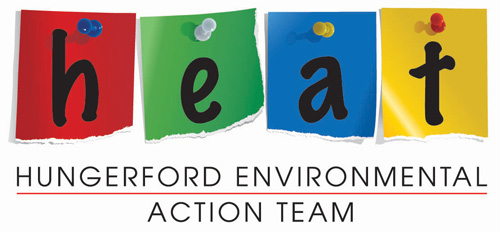 |

|
| Home | Setting the Scene | Useful Links | Contact Us | | |
|
Statement of Community Intent Energy Carbon Footprint Transport Food Allotments Education & Employment Landscape & Biodiversity Waste Marketing Whatson Living Lightly Green Exchange |
Waste or Misplaced Resources
“If you can’t measure it, you can’t manage it” In 2000/01 West Berkshire households produced 79,000 tonnes of waste, this equates to 1.35 tonnes per household p.a. Of this around 9,000 tonnes was recycled (11.5%). The recycling rate in 1993 was only 3.4%. The amount of waste produced is increasing at 2% p.a. (the national average being 3%). This increase can generally be attributed to a growing population and shrinking size of households (2.45 in 2006 from 2.66 per household in 1991). See figures 2.2 and 2.3 1
Reproduced from Waste Management Strategy 2000/01- WBDC David Holtby (West Berkshire District Council) has informed us of the council’s future waste collection plans. These will include kerb-side collection of plastics, cardboard and green waste. New waste collection contract with Veola to replace Biffa. New recycling civic amenity at Padworth Sidings negotiated. Our aims - “in nature there is no such thing as waste” The issues around misplaced resources and how to mitigate the impact of waste are multifarious, even at a local scale. Our group have therefore decided to concentrate on a small number of initiatives that we hope will, in the short term, be manageable. The group has also decided to follow a clear policy based on the Waste Stream Hierarchy, see below
The figure above represents a ‘Cradle-to-Grave’ approach to waste management. However this still involves finding somewhere ‘away’ to which we can dispose of those resources that have not been reused and ultimately recycled. As there is no ‘away’ the aim is to approach the subject from a ‘Cradle-to-Cradle’ 2 perspective: either eliminating use of resources that are not going to degrade safely within the natural environment, or reusing and recycling those that cannot, and eliminating the need for disposal. Short-term aims:
Medium-term aims:
Long-term aims: To set up community schemes: initially one of the options below:
Ongoing aims:
References:
Transition Towns Network at www.transitiontowns.org/TransitionNetwork To find out more contact us at |


